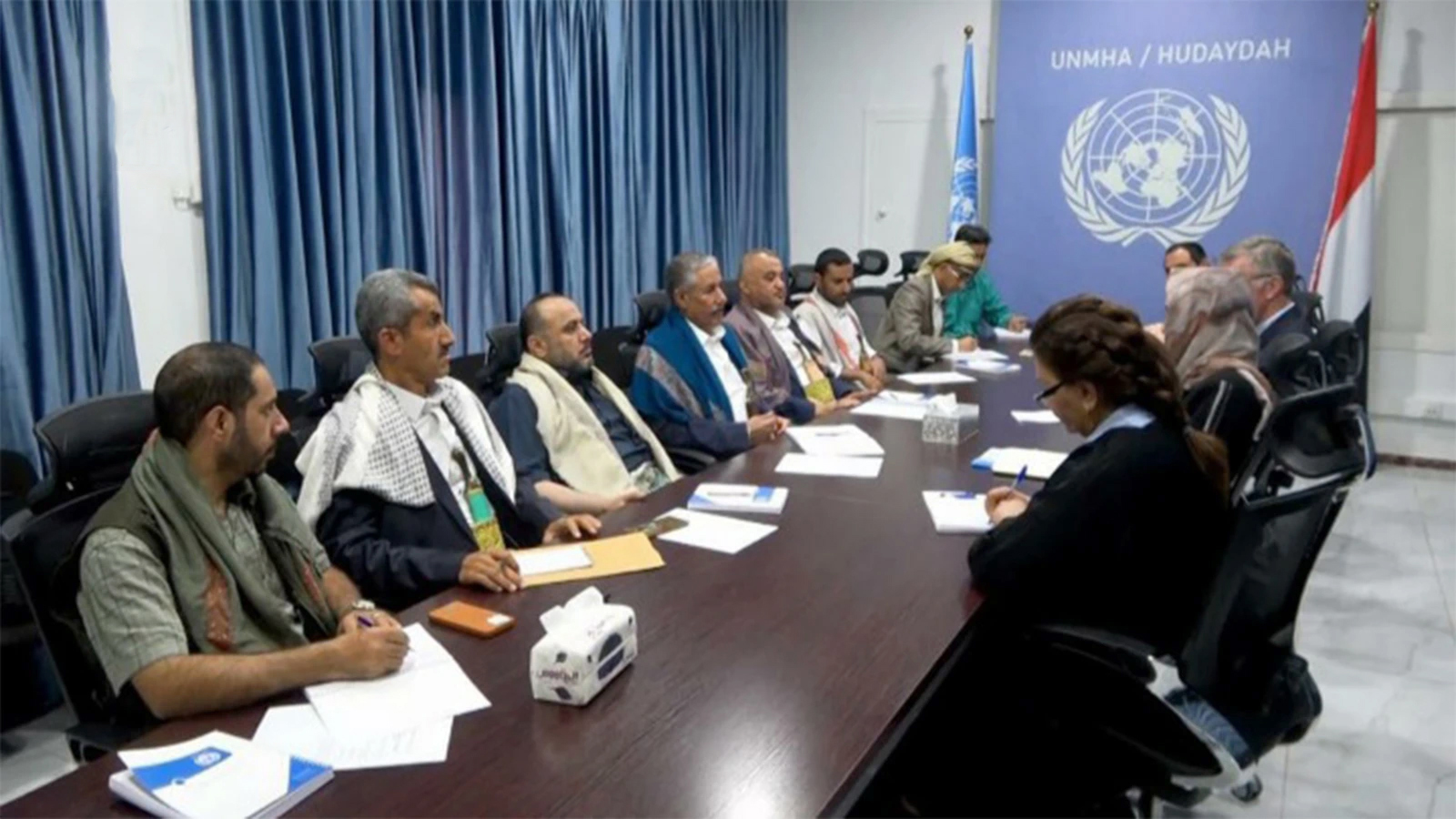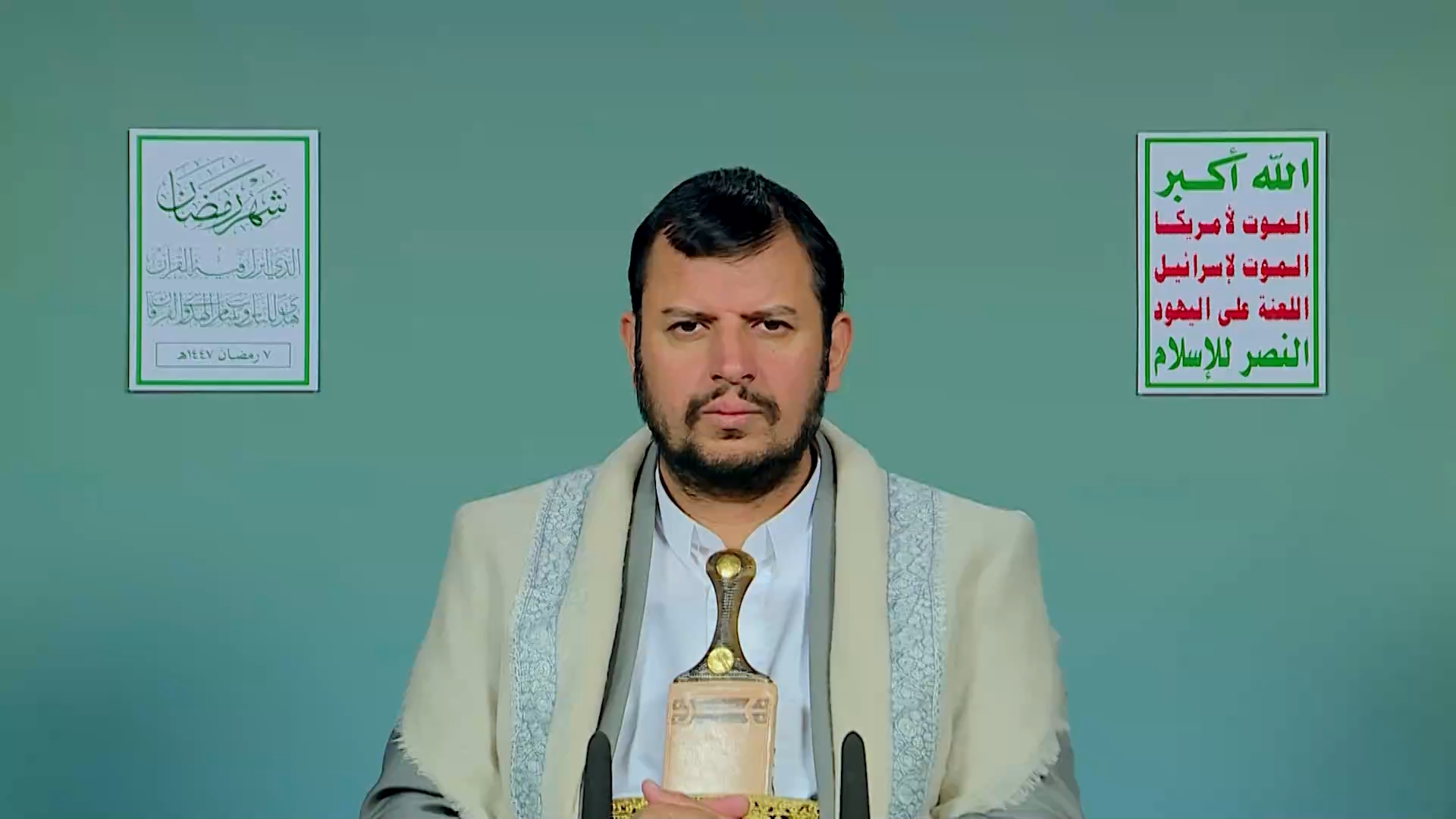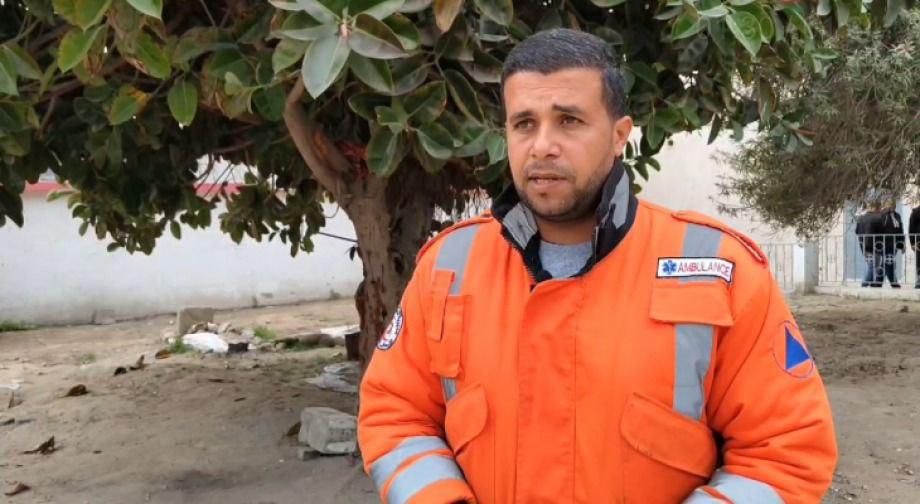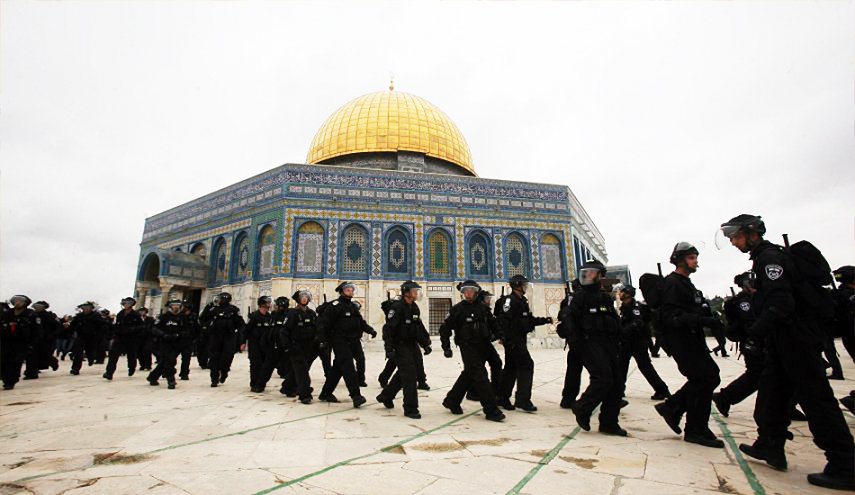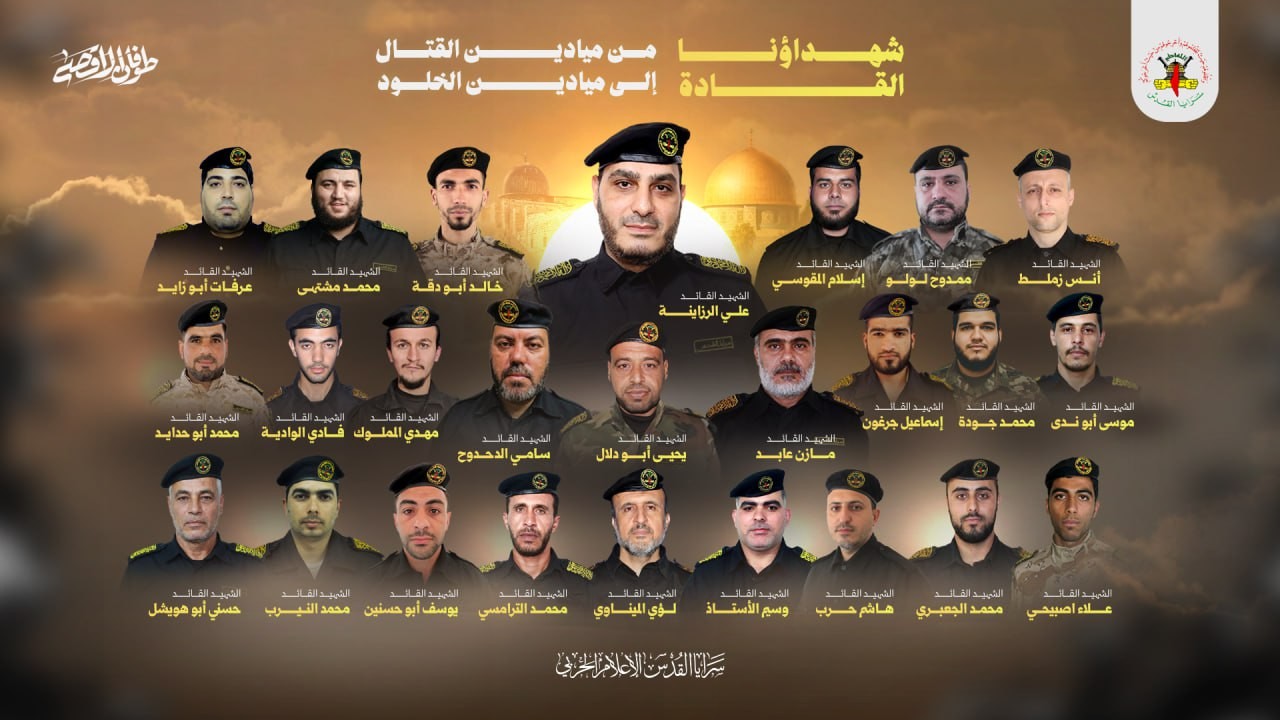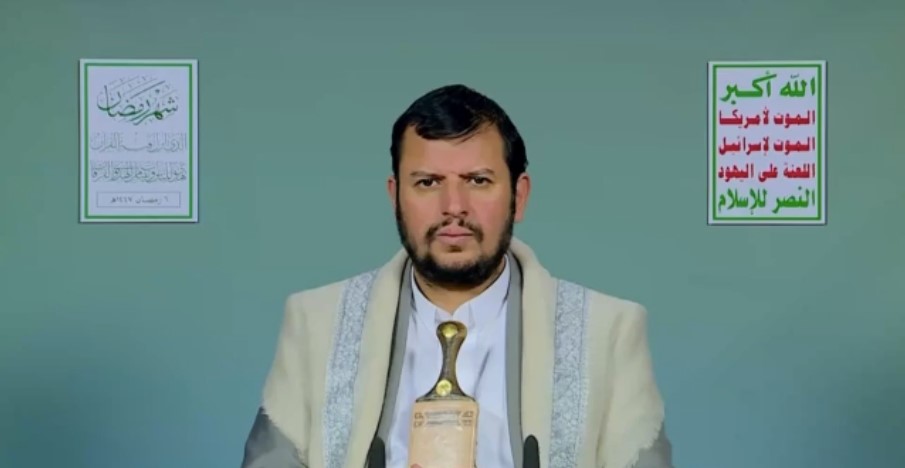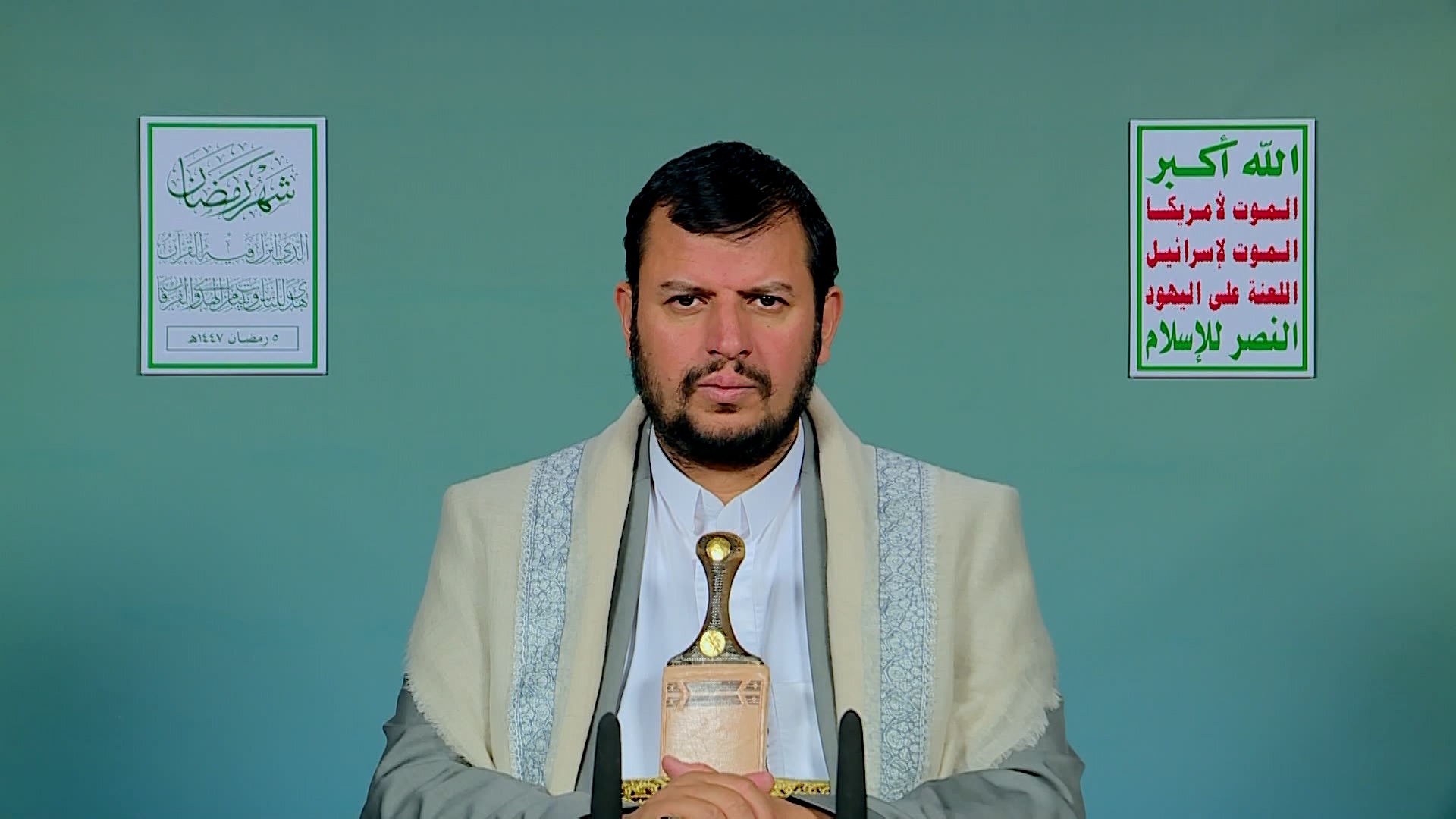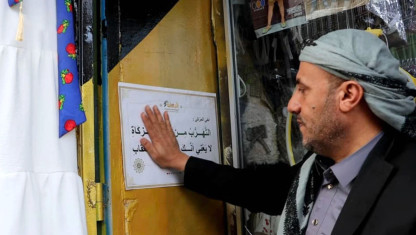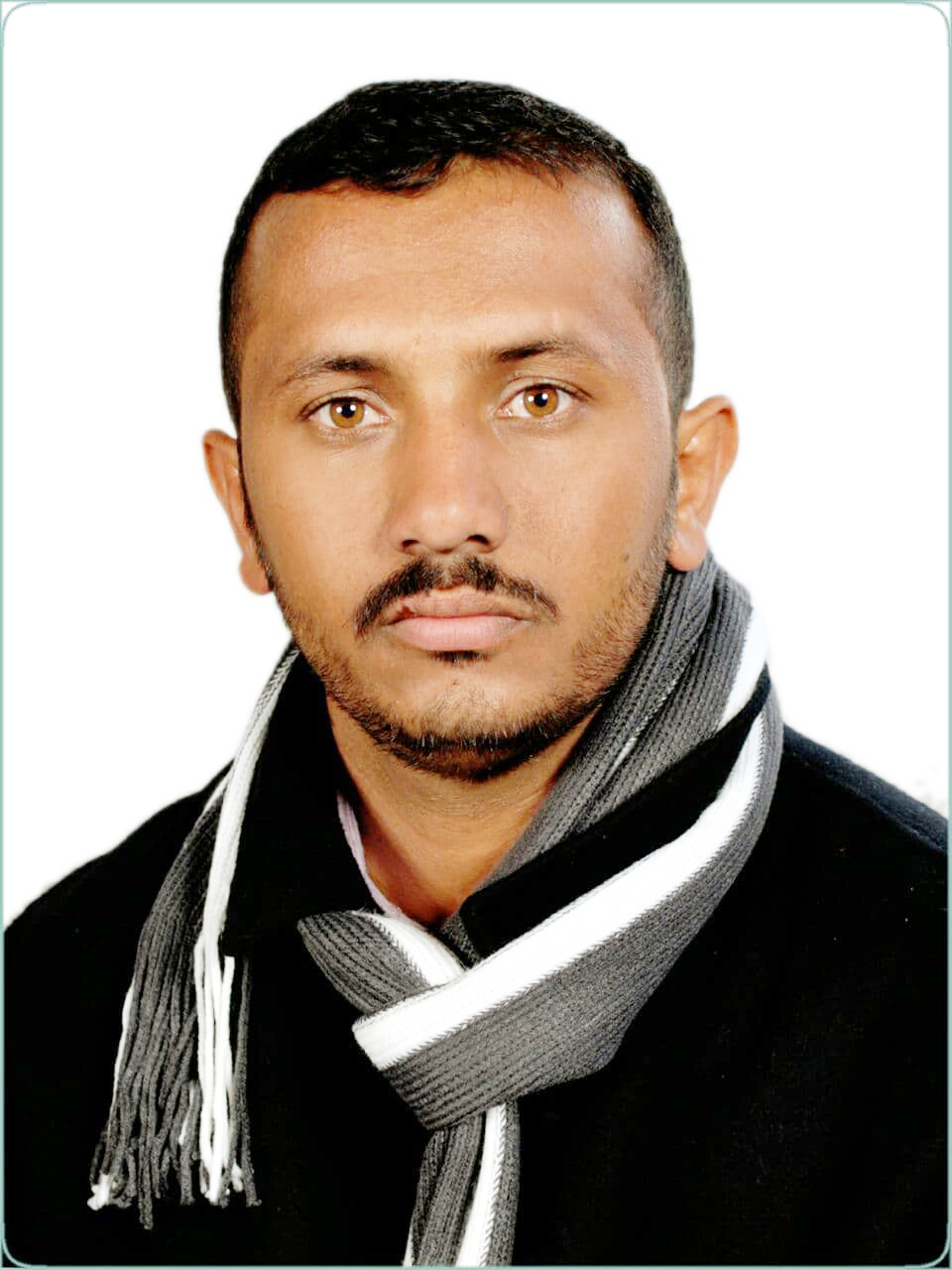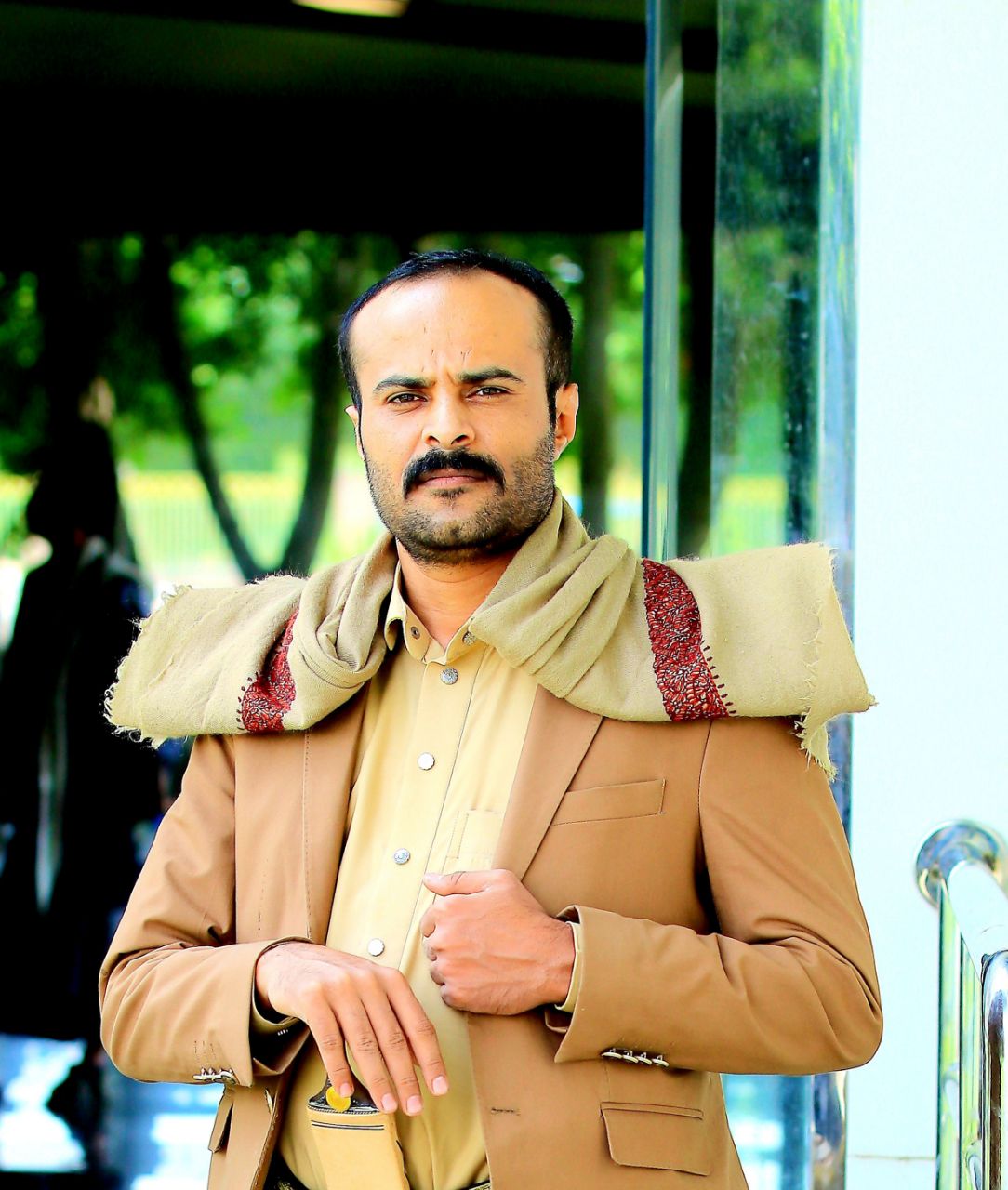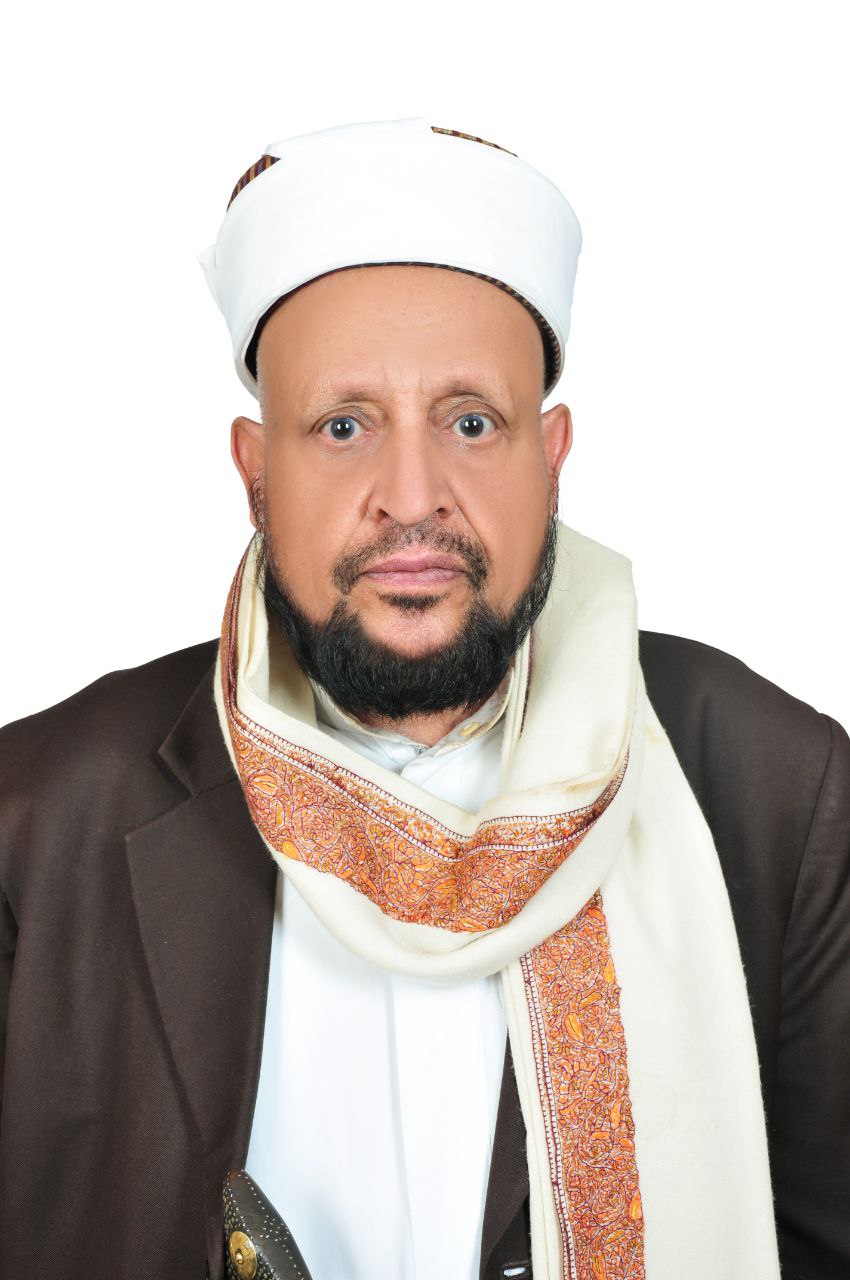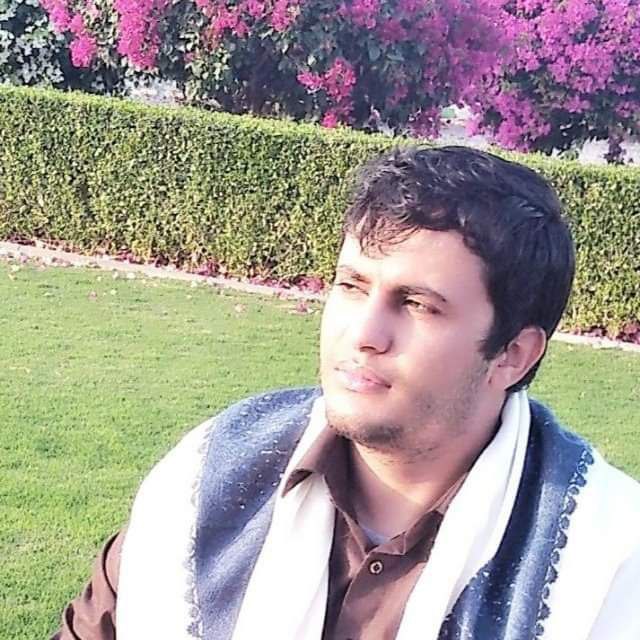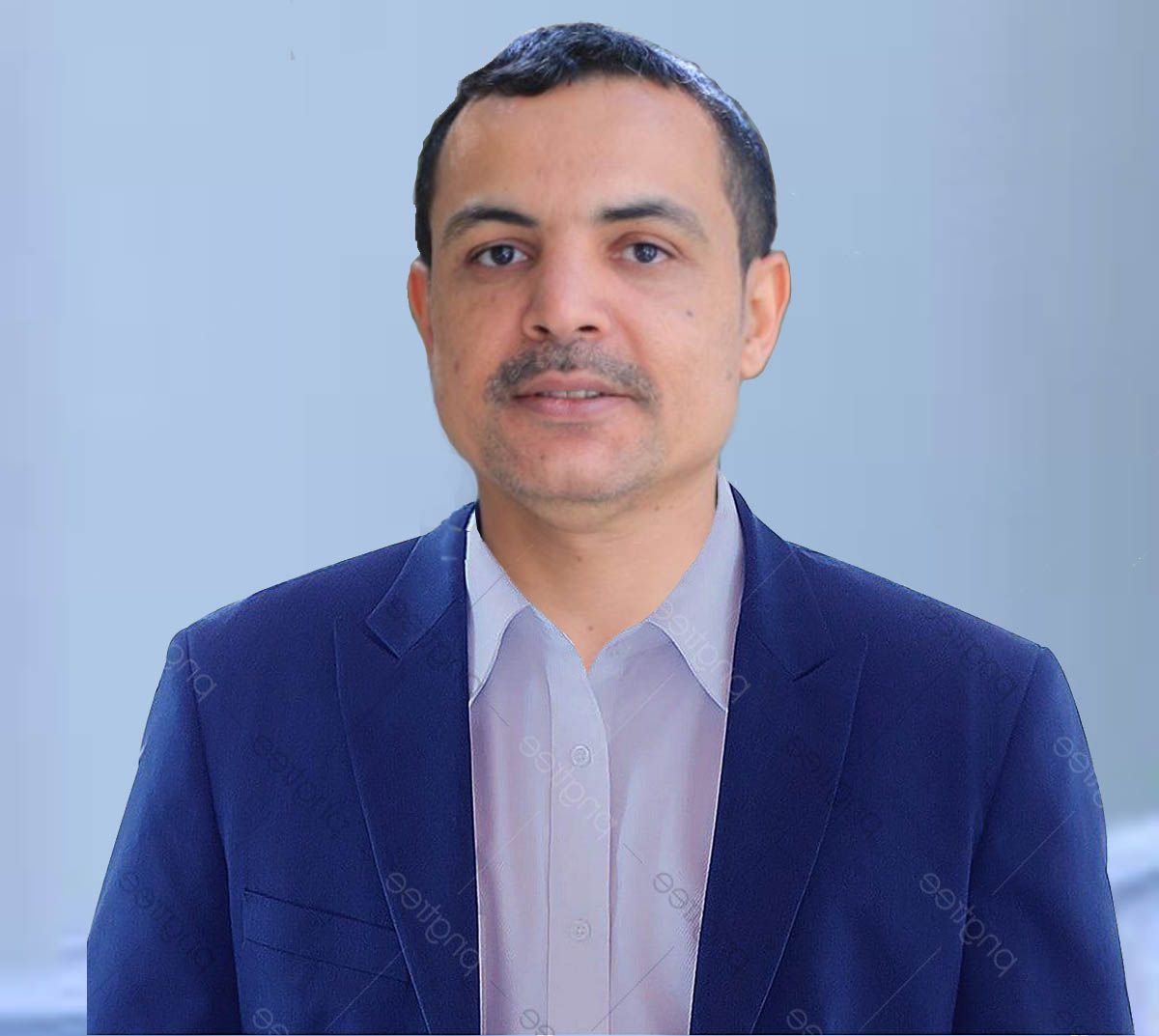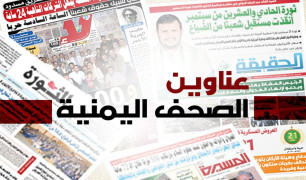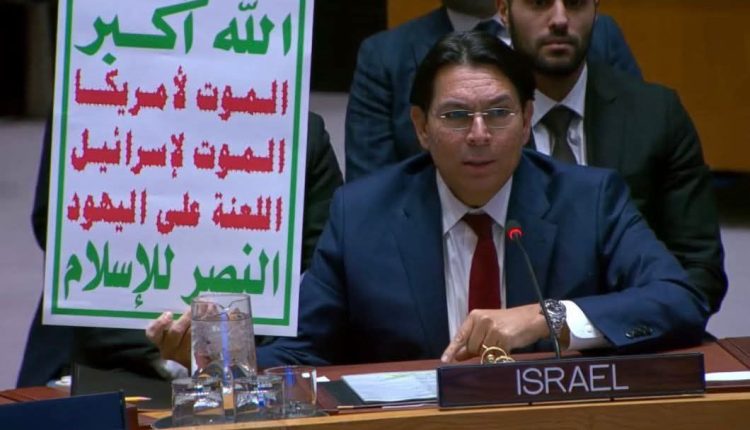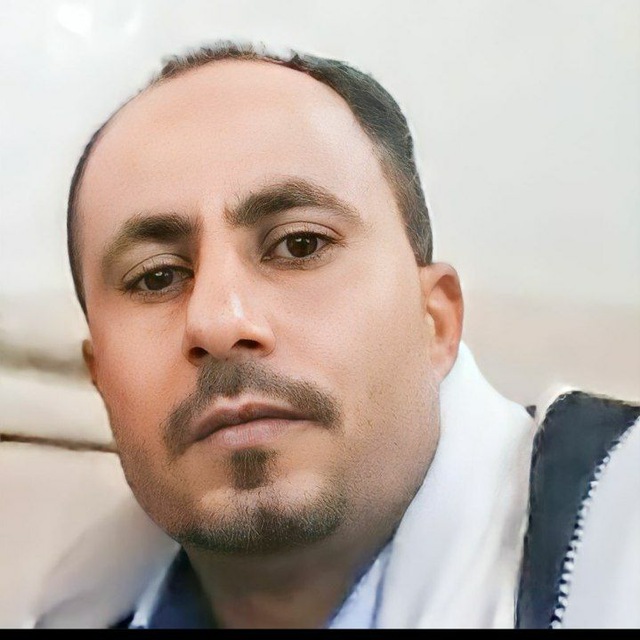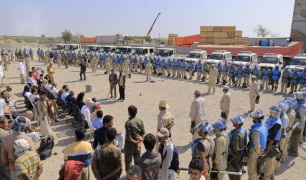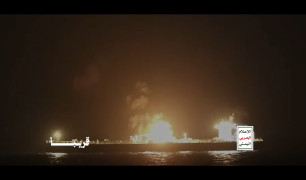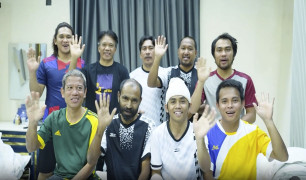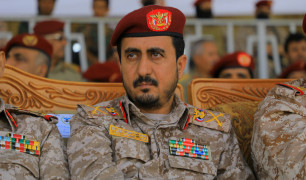المندوب الروسي لدى الأمم المتحدة: على أوروبا إعادة النظر في اندفاعها المتهور نحو تصعيد المواجهة مع روسيا
المندوب الروسي لدى الأمم المتحدة: خطط بريطانيا وفرنسا لتزويد أوكرانيا بالأسلحة النووية غير مسؤولة وخطيرة وغير قانونية
المندوب الروسي لدى الأمم المتحدة: الاستخبارات الروسية نشرت تقريرا عن خطط لندن وباريس لتزويد كييف بأسلحة نووية ووسائل إيصالها
مصادر فلسطينية: قوات العدو تعتقل شابًا من قفين شمالي طولكرم شمالي الضفة الغربية
مصادر سورية: قوات العدو الإسرائيلي تتوغل في منطقة التل الأحمر وتطلق النار على رعاة الأغنام في محيط قرية كودنة بريف القنيطرة
مصادر سورية: قوات العدو الإسرائيلي تتوغل في منطقة التل الأحمر وتطلق النار على رعاة الأغنام في محيط قرية كودنة بريف القنيطرة
مصادر فلسطينية: اندلاع مواجهات في بلدة "الزبابدة" جنوب جنين والعدو يُطلق الرصاص
مصادر فلسطينية: إصابة فتاة برصاص قوات الاحتلال في منطقة قيزان جنوب مدينة خان يونس
مصادر فلسطينية: إصابة شابين برصاص العدو خلال المواجهات في بلدة الظاهرية جنوب الخليل
غزة: مشافي القطاع تعاني بشكل كبير من نقص الإمدادات الطبية التي لا يسمح العدو الإسرائيلي بإدخالها




